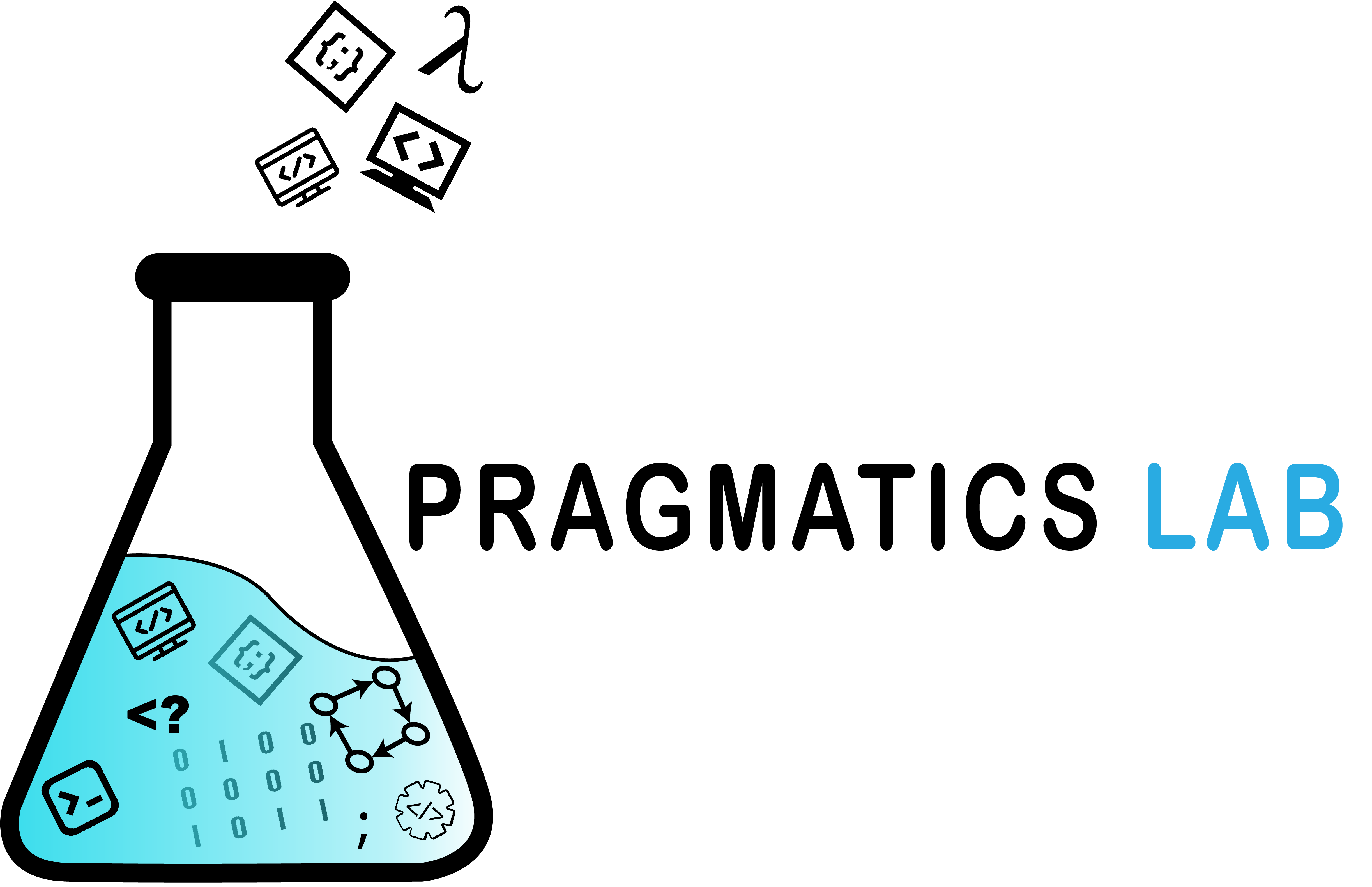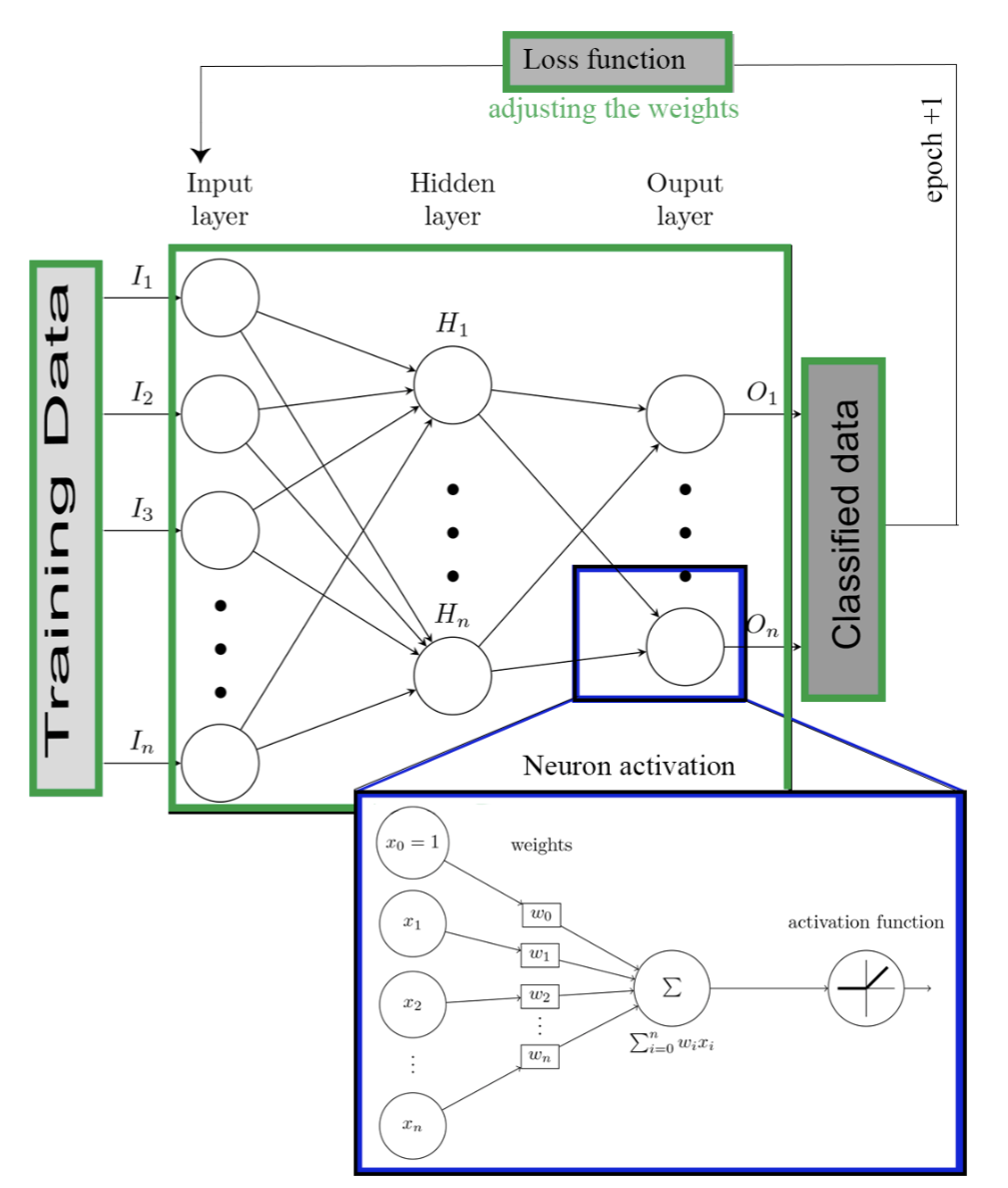The application of Artificial Neural Networks (ANNs) to different domains become stronger everyday. In this accepted paper, we used ANNs to Detect Fetal Alcohol Spectrum Disorder in Children. The paper was accepted in high impact journal named Applied Sciences (IF = 2.458).
Abstract: Fetal alcohol spectrum disorder (FASD) is an umbrella term for children’s conditions due to their mother having consumed alcohol during pregnancy. These conditions can be mild to severe, affecting the subject’s quality of life. An earlier diagnosis of FASD is crucial for an improved quality of life of children by allowing a better inclusion in the educational system. New trends in computer-based diagnosis to detect FASD include using Machine Learning (ML) tools to detect this syndrome. However, most of these studies rely on children’s images that can be invasive and costly. Therefore, this paper presents a study that focuses on evaluating an ANN to classify children with FASD using non-invasive and more accessible data. This data used comes from a battery of tests obtained from children, including psychometric, saccade eye movement, and diffusion tensor imaging (DTI). We study the different configurations of ANN with dense layers being the psychometric data that correctly perform the best with 75\% of the outcome. The other models include a feature layer, and we used it to predict FASD using every test individually. Model obtained obtained an accuracy of 88.46% (psycometric, 74.07% (Antisaccadic), 72.24% (Prosaccadic), 88% (Memory guide saccade) and, 75% (DTI). These results suggest that the ANN approach is a competitive and efficient methodology to detect FASD. These results are an improved from Zhang’s 2019 model which used the same data with less accuracy level.

